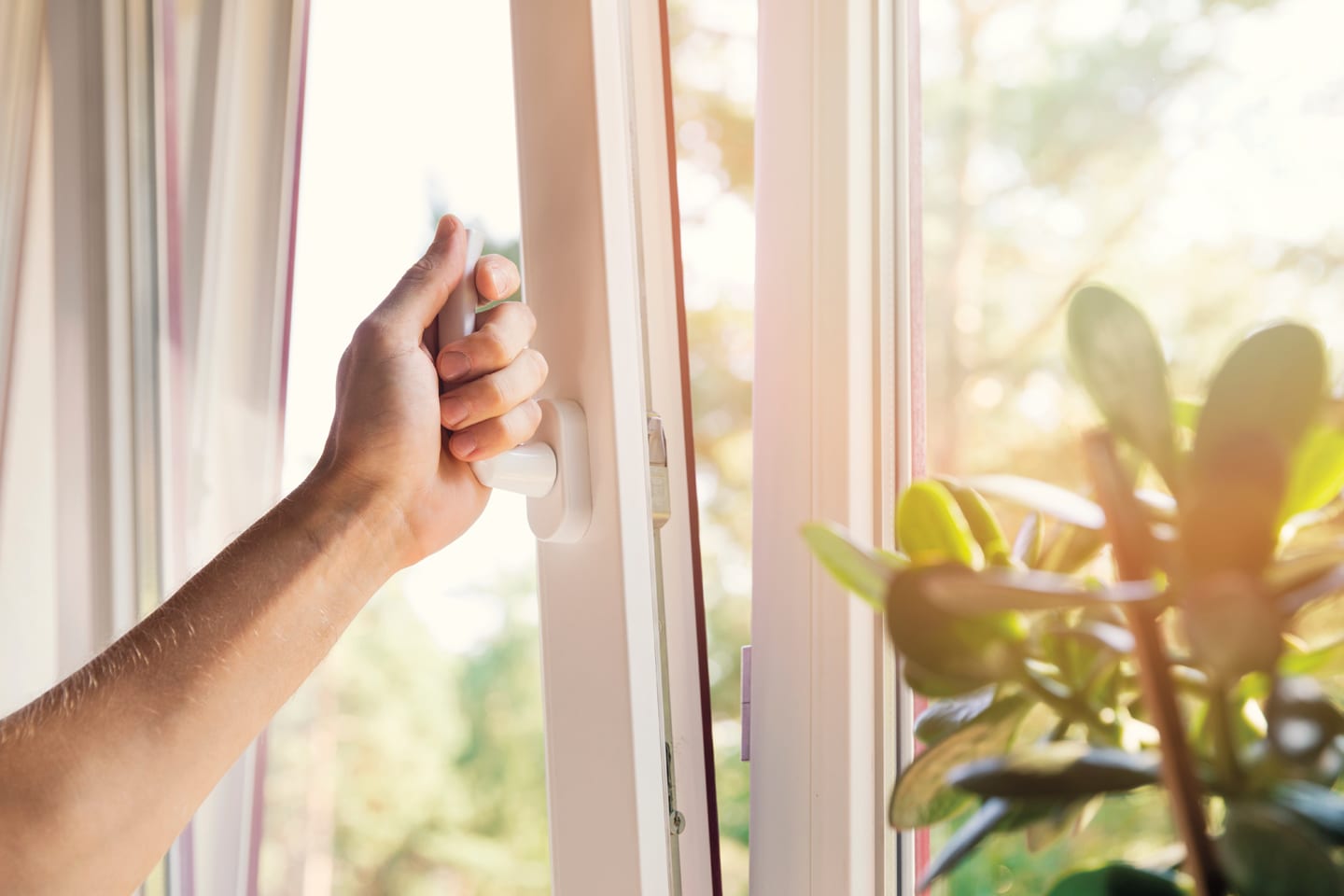The seasons are changing again, which always provides a great time to clear out the old and make some space for things to come. This transition between seasons is a natural invitation to work on decluttering, deep cleaning, and home maintenance projects.
It can be easy to forget essential home maintenance items that help keep the quality of your indoor air at its best! We wanted to give you some reminders and ideas on how to breathe better in your home…
Better indoor air quality = better respiratory and whole body health.
Here are some reminders and ideas on how to breathe better in your home:
Better Indoor Air Quality Checklist:
- Change your return air vent filter and make sure the return air filter is actually at the return air vent and not at the unit, so that the front end of your ducts don’t get overly dusty and dirty.
- Consider using individual register vent filters to dramatically reduce the dust and debris circulating in the air. This is a great option for those who rent!
- Have your air ducts cleaned annually by professionals.
- Diffuse Oregano and Thieves essential oils to reduce fungus / mold spores in the air.
- Surface test any areas around the house that appear moldy.
- Use a UV, Ionizing and HEPA air filter in the hallways outside of bedrooms for healthier air during your restorative sleep. We don’t recommend putting these in your bedrooms for those who are electrically sensitive.
- Buy a few air cleansing and oxygenating plants, but be sure not to overwater them, which promotes mildew growth.
- Do a through dusting and vacuuming every two weeks.
- Declutter, and then have a housekeeper come and do a quarterly “deep clean,” if not more frequently.
- Get rid of any fragranced/scented candles and air fresheners – they contain immune toxins. Switch to an essential oil diffuser using 100% undiluted essential oils, or beeswax candles scented only with 100% undiluted essential oils, and lead-free wicks.
- Open your windows on nice, breezy days.
- Use salt lamps to increase the negative ions in the air, which latch onto toxins, creating a heavy molecule, and pull them out of the air and down to the ground.
- Ask a professional to check under the crawl space for water leaks, mold, etc.
- Have a contractor or handyman check for exposed fiberglass insulation in your attic or basement and have it covered professionally.
- Get your gutters cleaned and make sure they are directing water far away from the foundation of your home in order to prevent a moist basement.
- Make sure your dehumidifier is running during wet seasons, and attach a tube to allow it to drain automatically if it is next to a basement or bathroom drain.
Have you implemented any of these strategies? Are you struggling with any of them? Leave a comment with your thoughts below!








